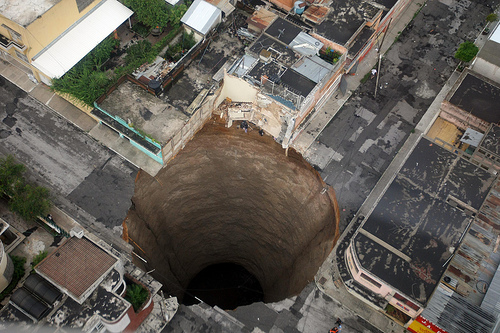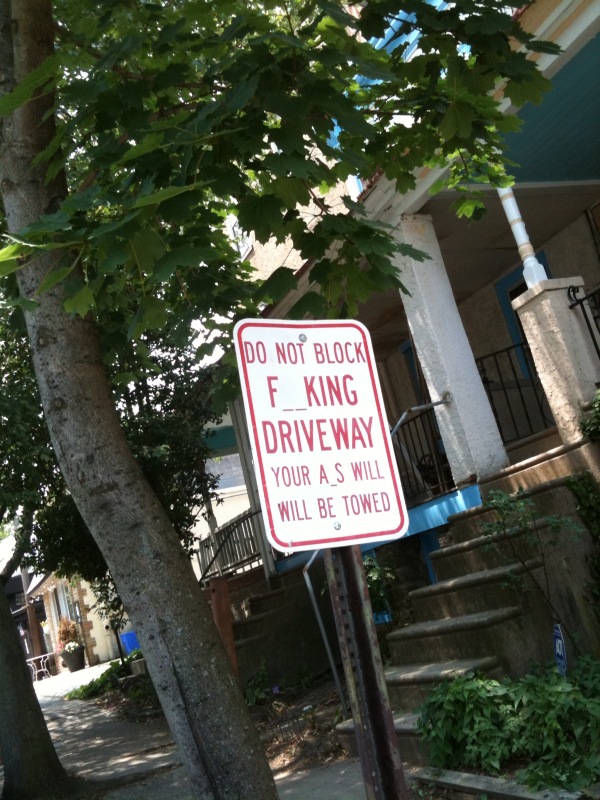So says David Brooks, in a smart observation:
The plume taps into a series of deep anxieties. First, it taps into the anxiety that the people running our major institutions are just not that competent. Second, it feeds into the anxiety that there has been an unhappy marriage between corporations and government officials, which has had the effect of corrupting both. Most important, the plume exposes the country’s core confusion about the role of government.
Brooks goes on to say that everybody knows there’s nothing this or any president can do to make a hole a mile under the sea stop gushing oil, but we want him to look like he’s doing something anyway. We don’t want strong regulation on business, because we understand that regulation can stifle innovation … until something like this happens. For that matter (says Brooks), we want the government to cut spending, but not on things that we like; we want “change,” but we want everything to stay the same.
We Americans don’t know what we really want, and don’t know how to talk about it. Says Brooks, “So the period of stagnations begins.” Note the plural. Brooks aptly compares this to the 1979 Iranian hostage crisis in terms of an apparently unsolvable problem that crystallized our powerlessness in the face of events. But this weekend, with the catastrophic rains in Central America, a big fat metaphor for the kind of summer we seem destined to have opened up on the streets of Guatemala City:


